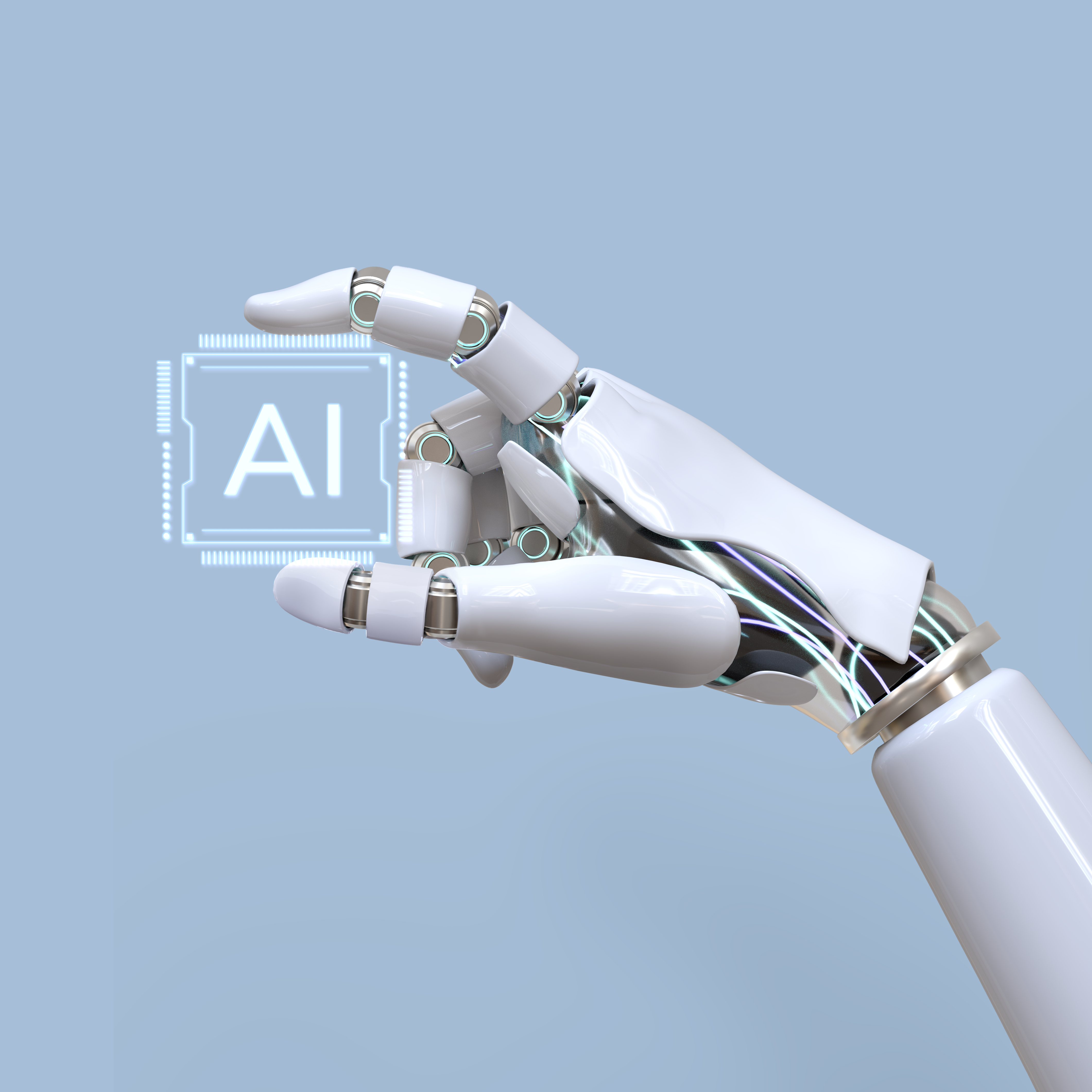Kazakhstan’s Prime Minister Olzhas Bektenov has directed the full implementation of AI across government agencies to meet President Kassym-Jomart Tokayev’s goal of reducing the shadow economy’s share in GDP to 15 percent in 2025.
At a government session, Bektenov said progress must go beyond reports and correspondence, calling for structural reforms in taxation, digitalisation, and business regulation. He urged ministries to pursue a ‘transparent economy’ through comprehensive AI and data integration initiatives.
The State Revenue Committee of Kazakhstan will lead the digital transformation, supported by a new Data Processing Centre established by the Ministry of Artificial Intelligence and Digital Development.
Bektenov stressed that digitalisation projects such as cashless payments and the digital tenge have already proven effective in curbing unrecorded transactions and improving financial oversight.
AI will also be deployed in customs risk profiling and cargo inspection analysis to detect fraud and reduce corruption.
The Ministries of Finance, Justice, Trade, and National Economy were instructed to integrate databases under the Smart Data Finance system and to finalise an automated risk management system for company registration by 25 November.
Deputy Prime Minister Serik Zhumangarin will oversee coordination.
Would you like to learn more about AI, tech and digital diplomacy? If so, ask our Diplo chatbot!










